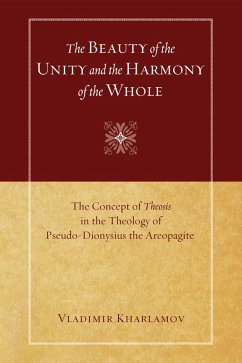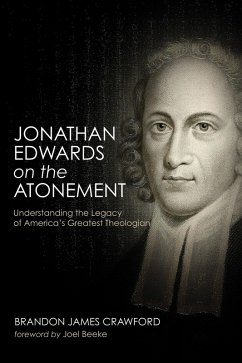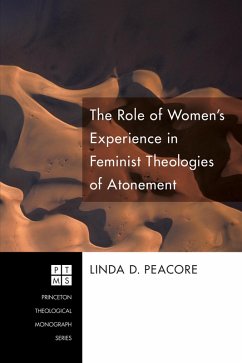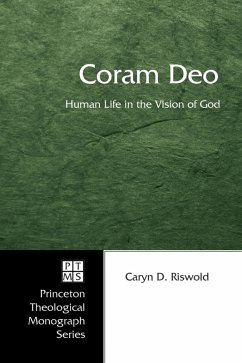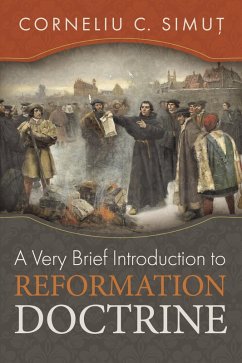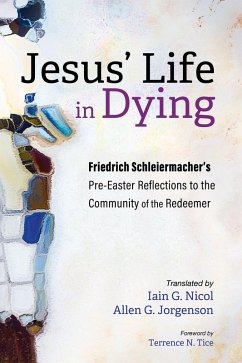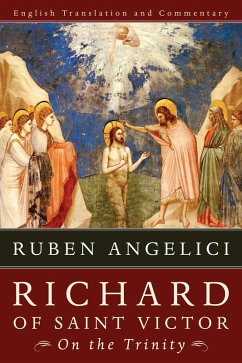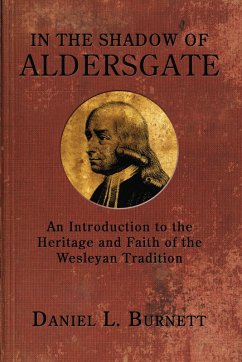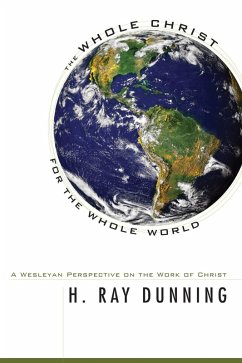
The Whole Christ for the Whole World (eBook, ePUB)
A Wesleyan Perspective on the Work of Christ
Versandkostenfrei!
Sofort per Download lieferbar
11,95 €
inkl. MwSt.
Weitere Ausgaben:

PAYBACK Punkte
6 °P sammeln!
This study explores the theological presuppositions that have informed the major explanations of the work of Christ from the perspective of Wesleyan theology's commitment to the universality of the atonement and its provision for both justification and sanctification. The Whole Christ for the Whole World proposes a paradigm that the author describes as "personal-relational" for understanding the work of Christ. Dunning argues that this "personal-relational" paradigm more adequately captures the "whole tenor of Scripture" than do the legal paradigms that have dominated the Western church, and D...
This study explores the theological presuppositions that have informed the major explanations of the work of Christ from the perspective of Wesleyan theology's commitment to the universality of the atonement and its provision for both justification and sanctification. The Whole Christ for the Whole World proposes a paradigm that the author describes as "personal-relational" for understanding the work of Christ. Dunning argues that this "personal-relational" paradigm more adequately captures the "whole tenor of Scripture" than do the legal paradigms that have dominated the Western church, and Dunning seeks to demonstrate that the Wesleyan understanding of the work of Christ has been significantly informed by the mentality of the Eastern church.
Dieser Download kann aus rechtlichen Gründen nur mit Rechnungsadresse in A, D ausgeliefert werden.




